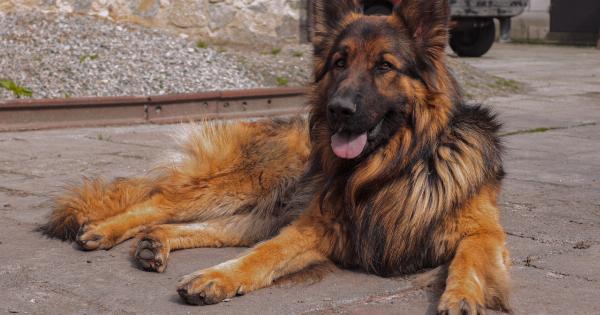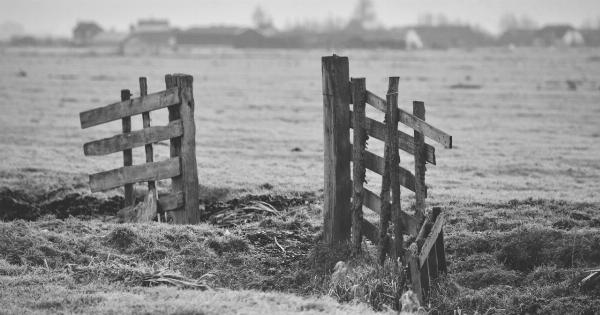Large breed dogs are popular for their size, strength, and loyalty. From Great Danes to Mastiffs, these breeds can make great companions for the right owner.
However, caring for a large breed dog requires some extra effort due to their size and potential health issues.
Choosing a Large Breed Dog
When choosing a large breed dog, it’s important to consider their temperament, exercise needs, and health concerns. Some popular large breed dogs include:.
- Great Dane
- Labrador Retriever
- Golden Retriever
- Bernese Mountain Dog
- Newfoundland
- Mastiff
- German Shepherd
- Boxer
Each breed has their own unique characteristics, so it’s important to research and find the right match for your lifestyle.
Exercise Needs
Large breed dogs require plenty of exercise to keep them healthy and happy. This includes daily walks, runs, and playtime. Without enough exercise, these dogs can become bored and destructive.
It’s important to start exercising your large breed dog when they are young. This will help build their muscles and prevent joint issues later in life. However, be cautious not to overexert your dog, especially when they are still growing.
Diet and Nutrition
Large breed dogs have different nutritional needs than smaller dogs. They require a diet that is rich in protein and low in fat. This helps to maintain their muscle mass and prevent obesity.
Additionally, large breed dogs are prone to joint issues, so a diet that includes joint supplements can be beneficial.
It’s important to feed your large breed dog a balanced diet that meets their specific nutritional needs. Consult with your veterinarian for recommendations and feeding guidelines.
Grooming
Grooming your large breed dog is important to keep their coat healthy and prevent matting. Regular brushing and bathing can help to remove dirt and loose hair. Additionally, trimming their nails and cleaning their ears can prevent infections.
It’s important to start grooming your large breed dog when they are young to get them used to the process. This will make grooming less stressful for both you and your dog.
Health Concerns
Large breed dogs are prone to certain health issues due to their size and genetics. Some common health concerns include:.
- Hip and elbow dysplasia
- Bloat
- Heart issues
- Joint issues
Regular vet check-ups and preventative care can help to catch and treat these health issues early on. It’s important to keep up with your dog’s vaccinations, heartworm prevention, and flea and tick control.
Training
Training your large breed dog is important to keep them safe and well-behaved. This includes basic obedience training, socialization, and leash training.
Large breed dogs can be stubborn, so it’s important to use positive reinforcement and patience during training.
Training should begin when your dog is young, as this is the best time for them to learn and develop good habits. Consistency and repetition are key to successful training.
Providing a Safe Environment
Large breed dogs require plenty of space to move around. It’s important to provide them with a safe environment that gives them room to exercise and play.
Additionally, large breed dogs can be prone to destructive behaviors when left alone for long periods of time. Providing plenty of toys and interactive games can help to keep them occupied.
Conclusion
Caring for a large breed dog requires some extra effort and attention, but the rewards are well worth it. With proper exercise, nutrition, grooming, and preventative care, your large breed dog can live a healthy and happy life.































